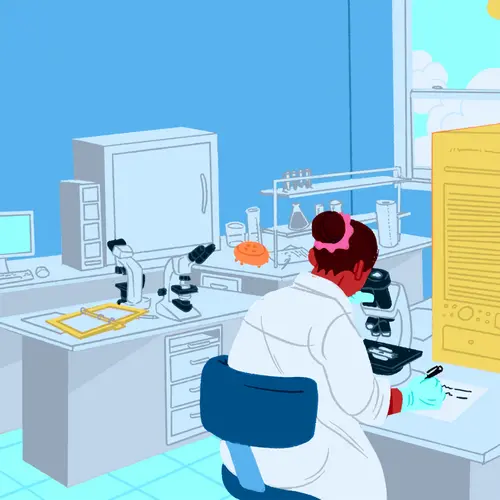Oct. 18, 2023 – The FDA has approved a technique using sound waves against liver tumors, according to the University of Michigan, where it was developed.
The technique -- called histotripsy -- could be an alternative to surgery, radiation and chemotherapy, which often have side effects, the university said in a press release.
“A human trial underway since 2021 at the U-M Rogel Cancer Center and other locations has treated patients with primary and metastatic liver tumors via histotripsy, demonstrating the technology’s ability to meet the testing’s primary effectiveness and safety targets,” the release said.
The technique uses targeted ultrasound waves to form microbubbles within a tumor, the release said. “The forces created as those bubbles form and collapse cause the mass to break apart, killing tumor cells and leaving the debris to be cleaned up by the immune system.”
Histotripsy is easier to control to make sure it hits the tumor instead of healthy tissues, unlike radiation, which affects everything in its path.
The company HistoSonics can now sell its histotripsy delivery platform to hospitals for liver treatments. The company is based in Minneapolis. Its advanced research and development is located in Ann Arbor, MI.
“Histotripsy is an exciting new technology that, although it is in early stages of clinical use, may provide a noninvasive treatment option for patients with liver cancer. Hopefully it can be combined with systemic therapies for a synergistic therapeutic effect,” said Mishal Mendiratta-Lala, MD, professor of radiology with Michigan Medicine and principal investigator on the trial at the university.
Further, two previous studies in rats suggest the immune system may learn to identify cancer cells as threats, fight the initial tumor, and activate immune response to the cancer, the university said.
Cancer patients, however, shouldn't expect to immediately do away with their chemotherapy and radiation treatments. The machine has only been approved for use in liver cancer patients, and its limited availability and high price tag – about $12,500 per treatment -- may make doctors prescribing it to patients prohibitive, DailyMail.com reported.
